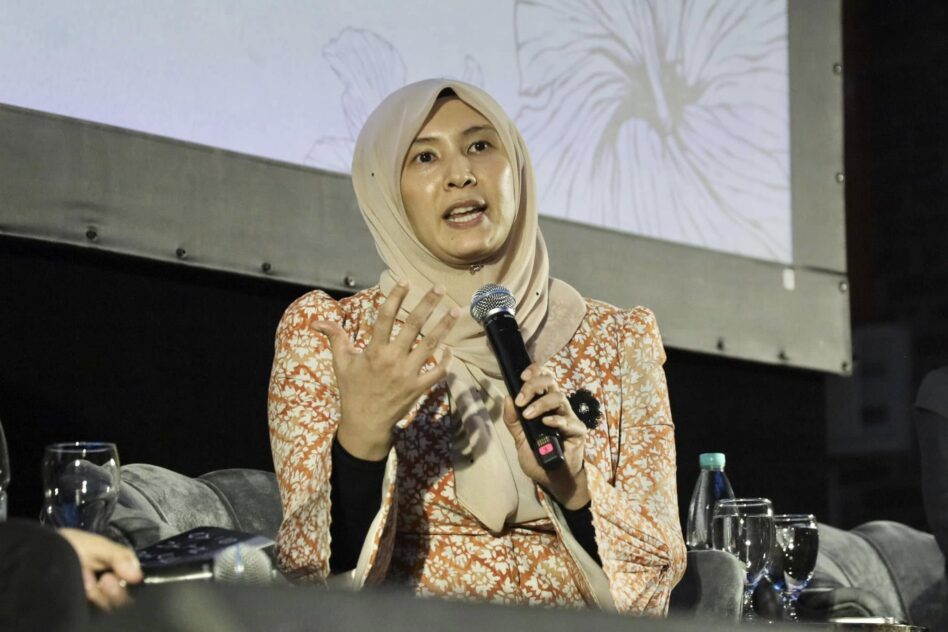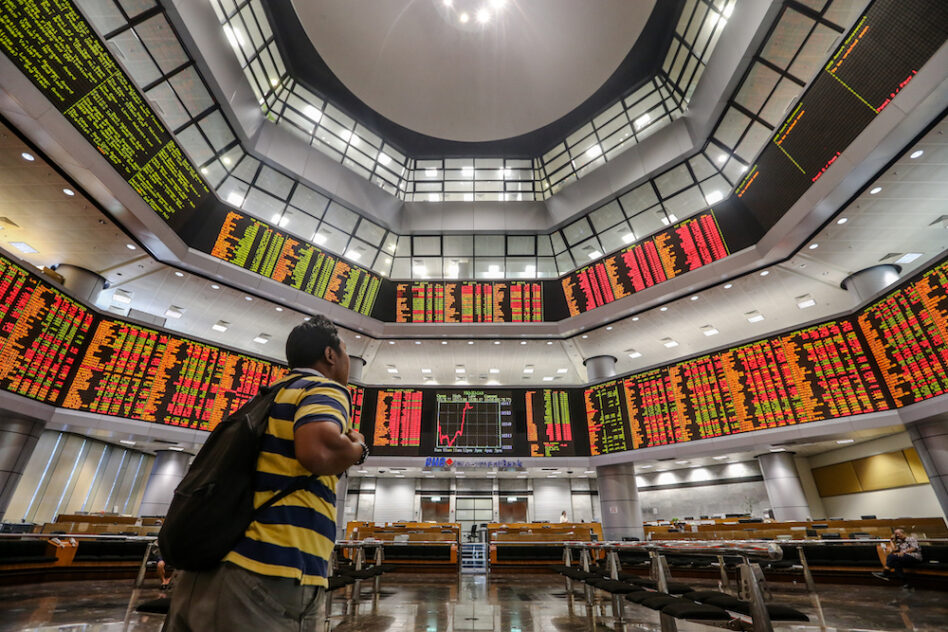FORMER prime minister Tan Sri Muhyiddin Yassin will know on Aug 20 whether he can restore his discharge and acquittal (DNA) on four criminal charges linked to the Jana Wibawa project.
A five-member Court of Appeal bench chaired by Justice Datuk Azizah Nawawi said they needed time as serious issues were raised during submissions by opposing parties.
Recall that in March last year, before the Kuala Lumpur Sessions Court, the Pagoh MP claimed trial to four counts of abuse of power and three money laundering charges involving RM232.5 mil linked to the project.
Under Section 23(1) of the MACC Act 2009, Muhyiddin, 76, was charged with using his position as then-prime minister and Bersatu president to obtain inducement of RM232.5 mil from three companies – Bukhary Equity Sdn Bhd, Nepturis Sdn Bhd and Mamfor Sdn Bhd – and also from one Datuk Azman Yusoff, for the party between March 1, 2020, and Aug 20, 2021.
On Aug 15 last year, the Kuala Lumpur High Court acquitted and released Muhyiddin of all charges, ruling that they were all defective and in bad faith, thus leading to his discharge amounting to an acquittal.
However, in February this year, the Court of Appeal allowed the prosecution to reinstate the four charges and ordered the case to be remitted to the Kuala Lumpur Sessions Court.
Muhyiddin was seeking the appellate court to review its own earlier ruling, contending that the criminal charges are vague and defective in law.
The Perikatan Nasional chairperson also contended that the case against him was a form of political persecution.
Muhyiddin’s lead counsel Datuk Hisyam Teh Poh Teik said the appeal was a fit and proper case for review as there were no other legal avenues or recourse available to the applicant (Muhyiddin).
As Muhyiddin’s case originated from the Sessions Court, its final legal avenue would therefore be the Court of Appeal.
Hisyam said the appellant sought the aid of the appellate court to rectify the injustice that arose from the impugned decision.
“In a nutshell, the failure of justice resulting from the impugned decision is so grave and apparent on the face of the records that it warrants the review intervention of this court,” he remarked.
According to Hisyam, the Court of Appeal had jurisdiction to reopen an appeal which had been determined in order to avoid real injustice in exceptional circumstances.
“The Appeals Court had powers to correct wrong decisions to ensure justice between the litigants involved and to ensure public confidence in the administration of justice,” he added. – July 9, 2024
Main pic credit: Bernama










